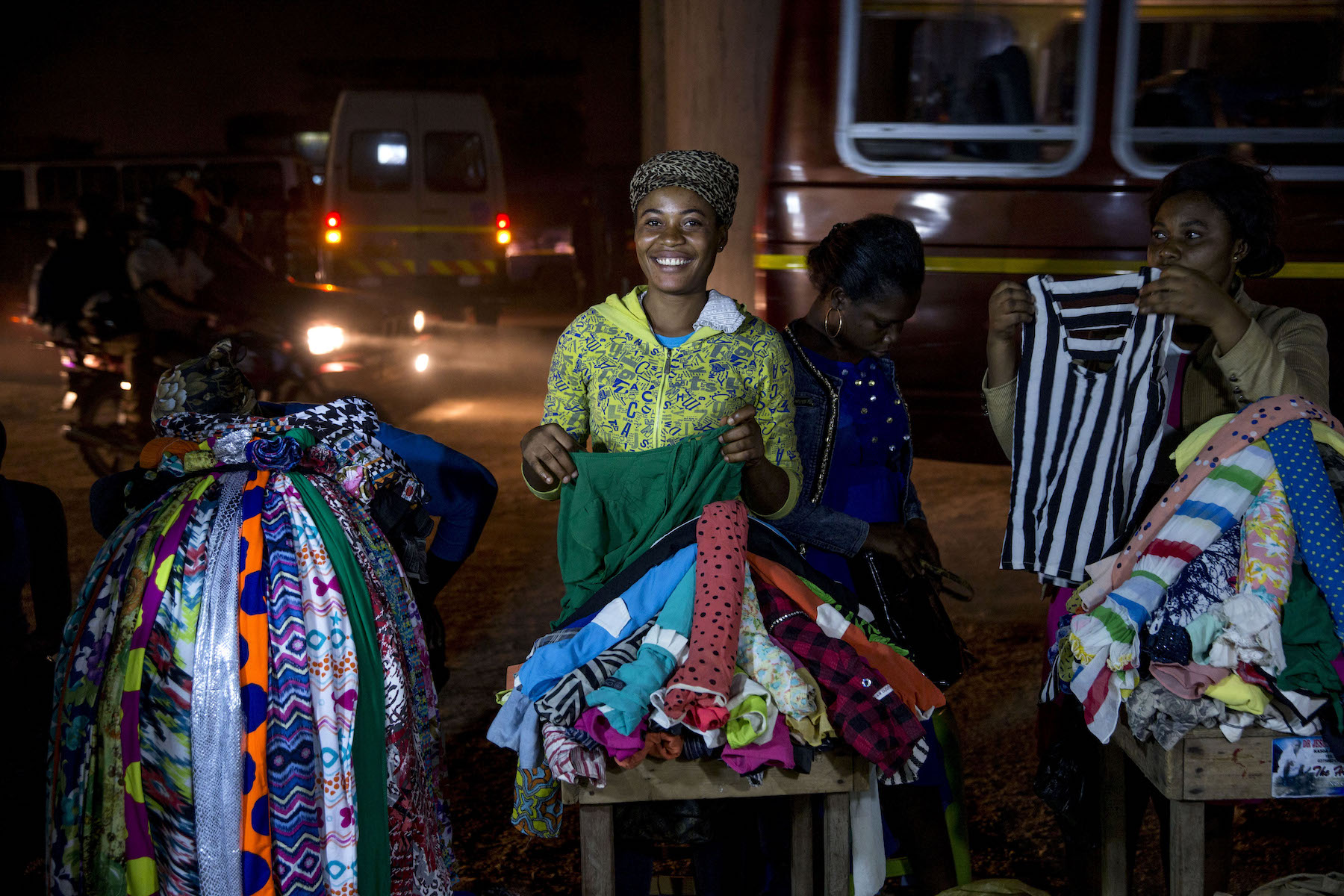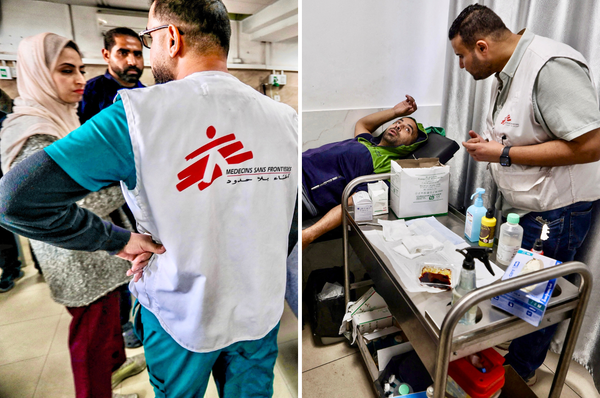Ghana Is Abolishing The Death Penalty, Becoming The 29th African Country To Do So
Ghana is now the 29th African country to abolish the death penalty.
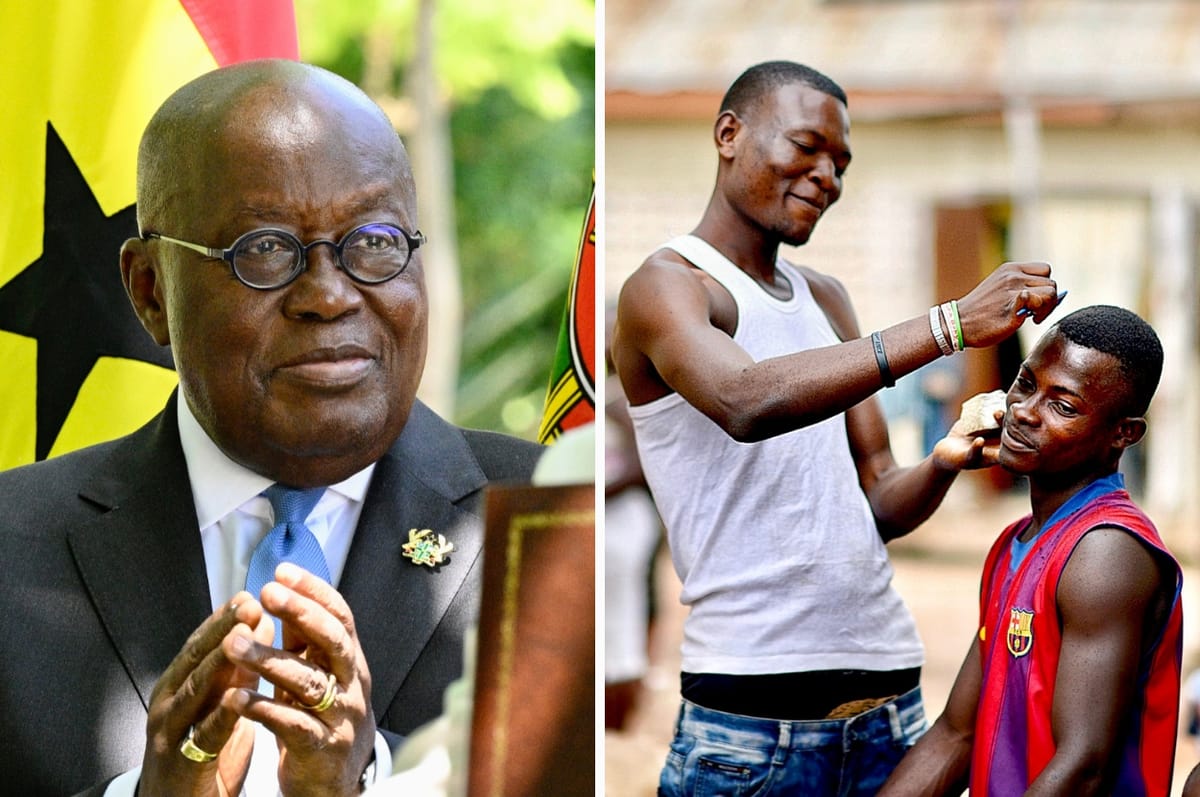
In a historic move, Ghana’s parliament has voted to abolish the use of capital punishment on Tuesday July 25, joining the growing list of African countries free of the death penalty.
Ghana has not carried out an execution since 1993, yet the courts have continued to hand down death sentences, including seven last year.
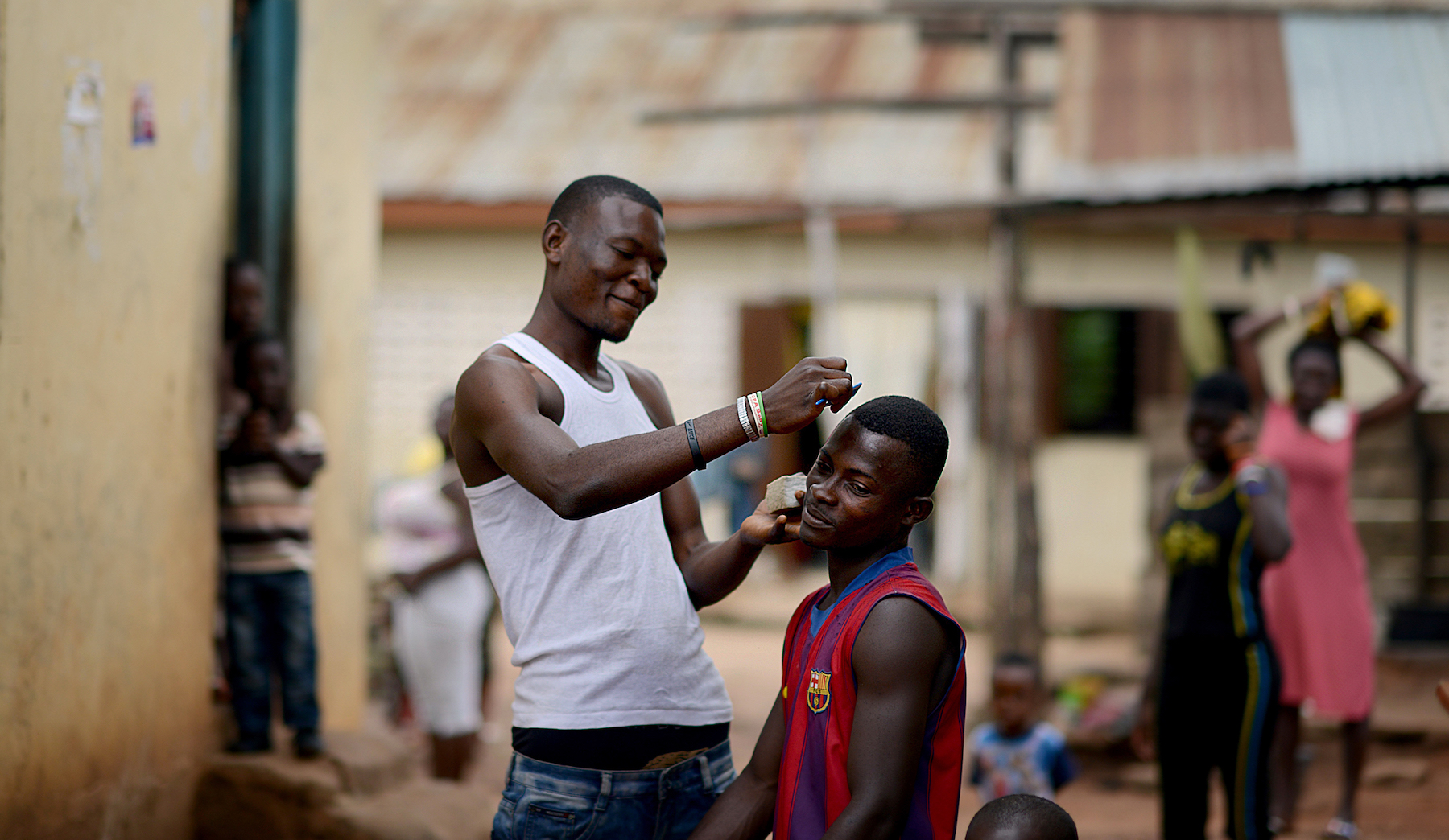
Murder, genocide, piracy and smuggling will now be punishable by life imprisonment instead of the death penalty.
With the new bill, 176 prisoners currently on death row, including six women, are expected to have their sentences commuted to life imprisonment.
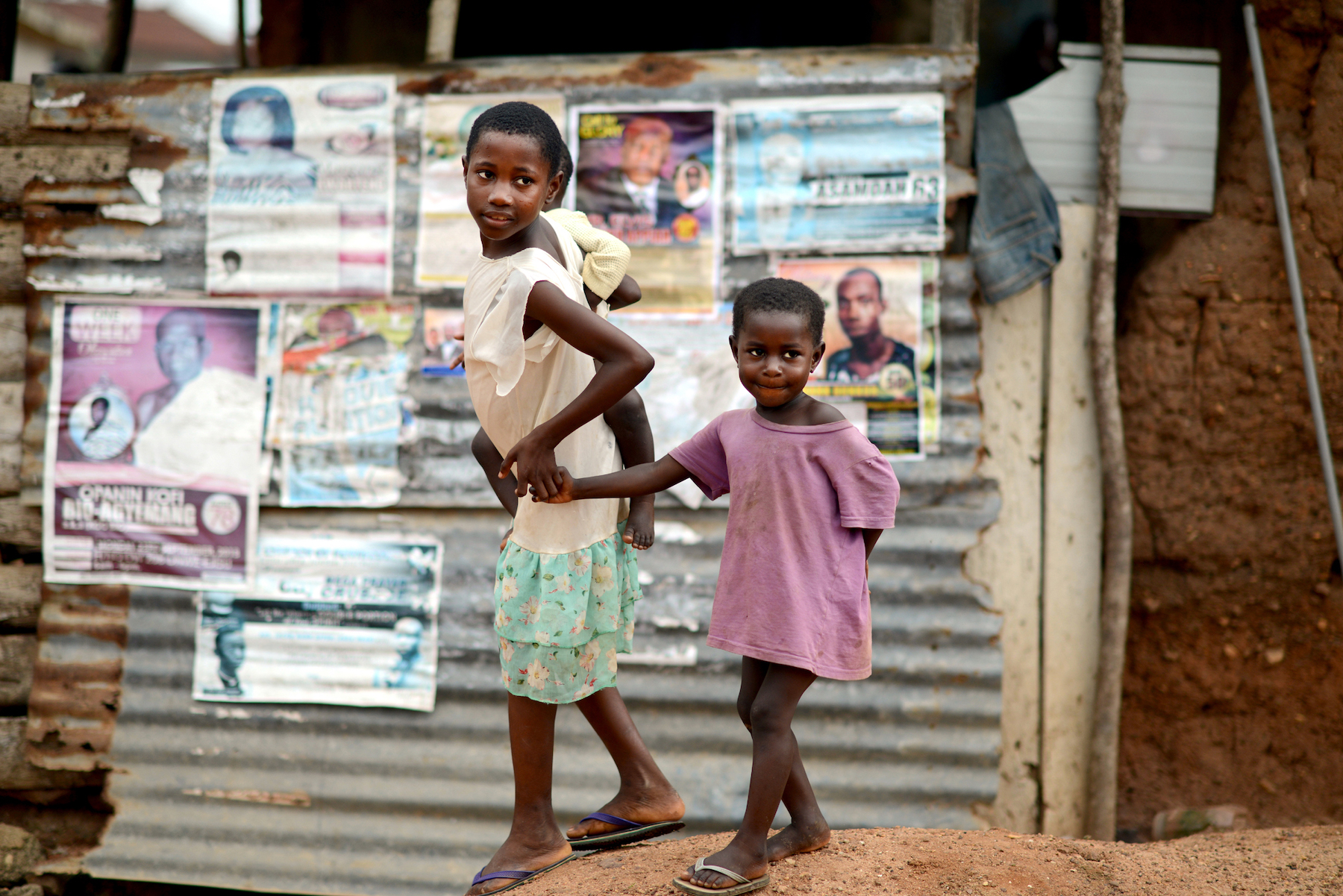
High treason remains the only crime that is subject to the death penalty, but the country would need to revise its constitution in order for that to change.
The decision marks a significant step towards human rights progress, making Ghana the 29th African country and the 124th worldwide to abolish the death penalty, according to campaign organization, The Death Penalty Project.
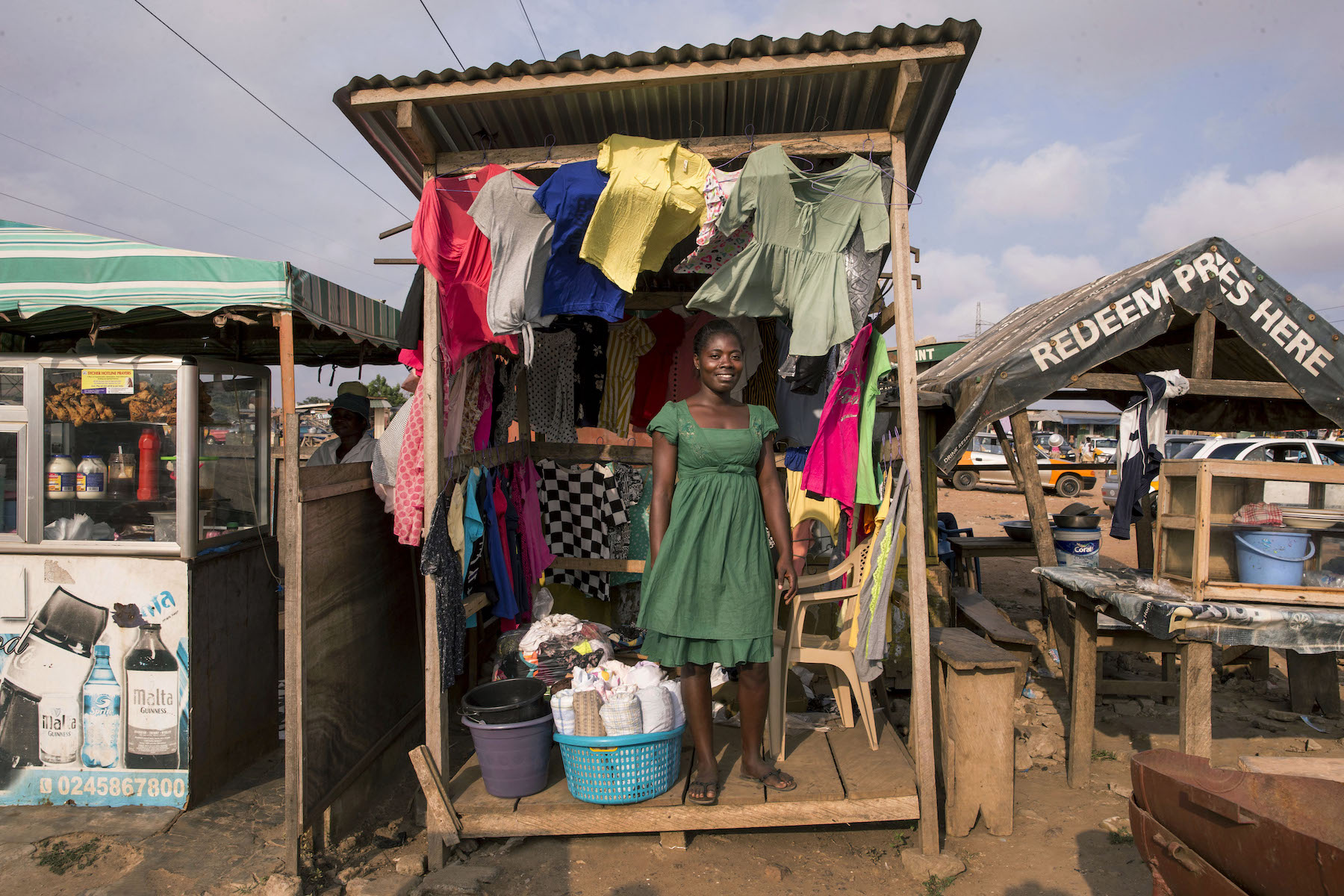
“I have seen firsthand that the death penalty does not bring a sense of justice or closure to the families of crime victims, and neither does it deter offenders,” Francis-Xavier Kojo Sosu, the Ghanian MP who pushed for the bill, told the Guardian.
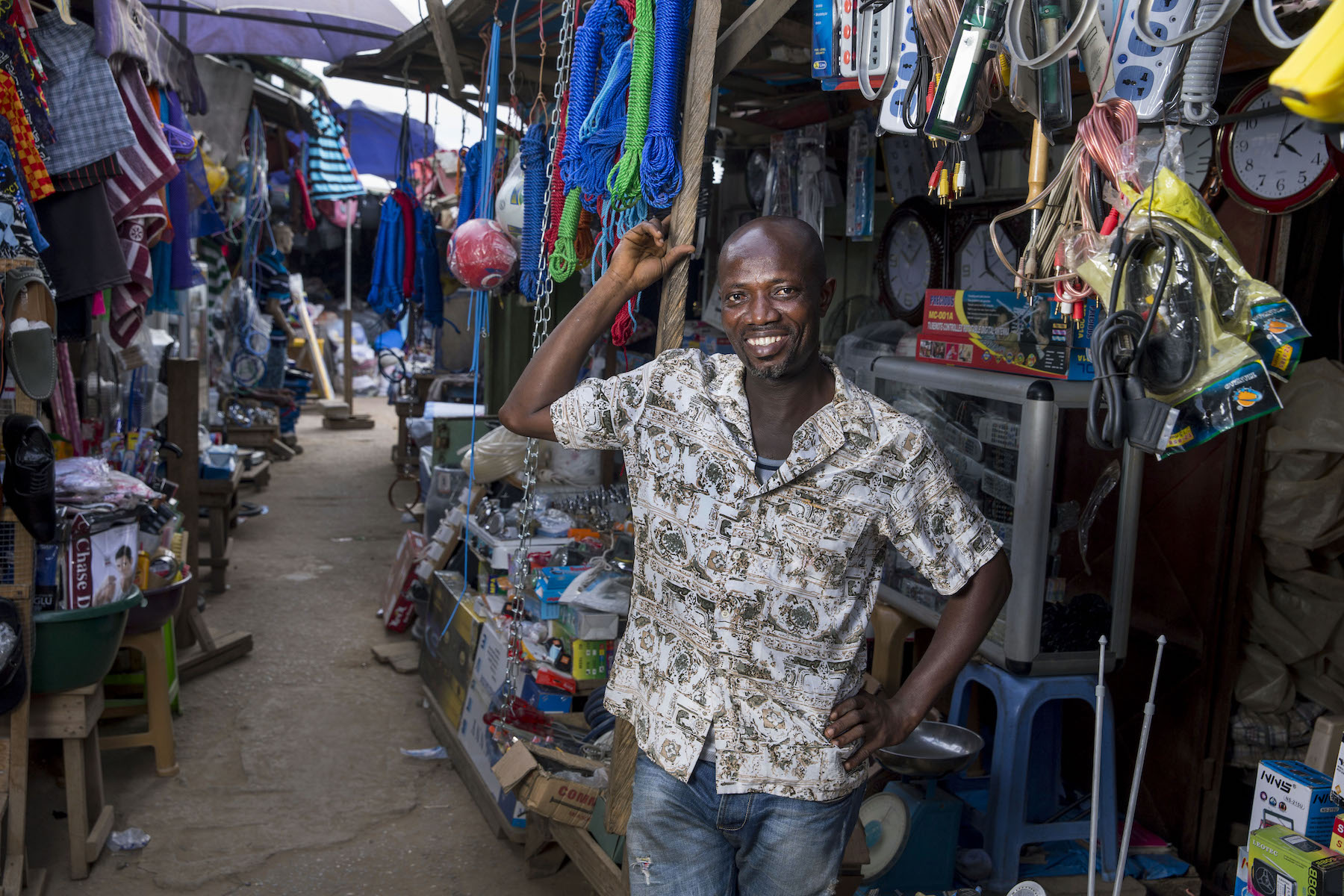
“Abolishing the death penalty shows that we are determined as a society not to be inhumane, uncivil, closed, retrogressive and dark,” he added, according to the BBC.
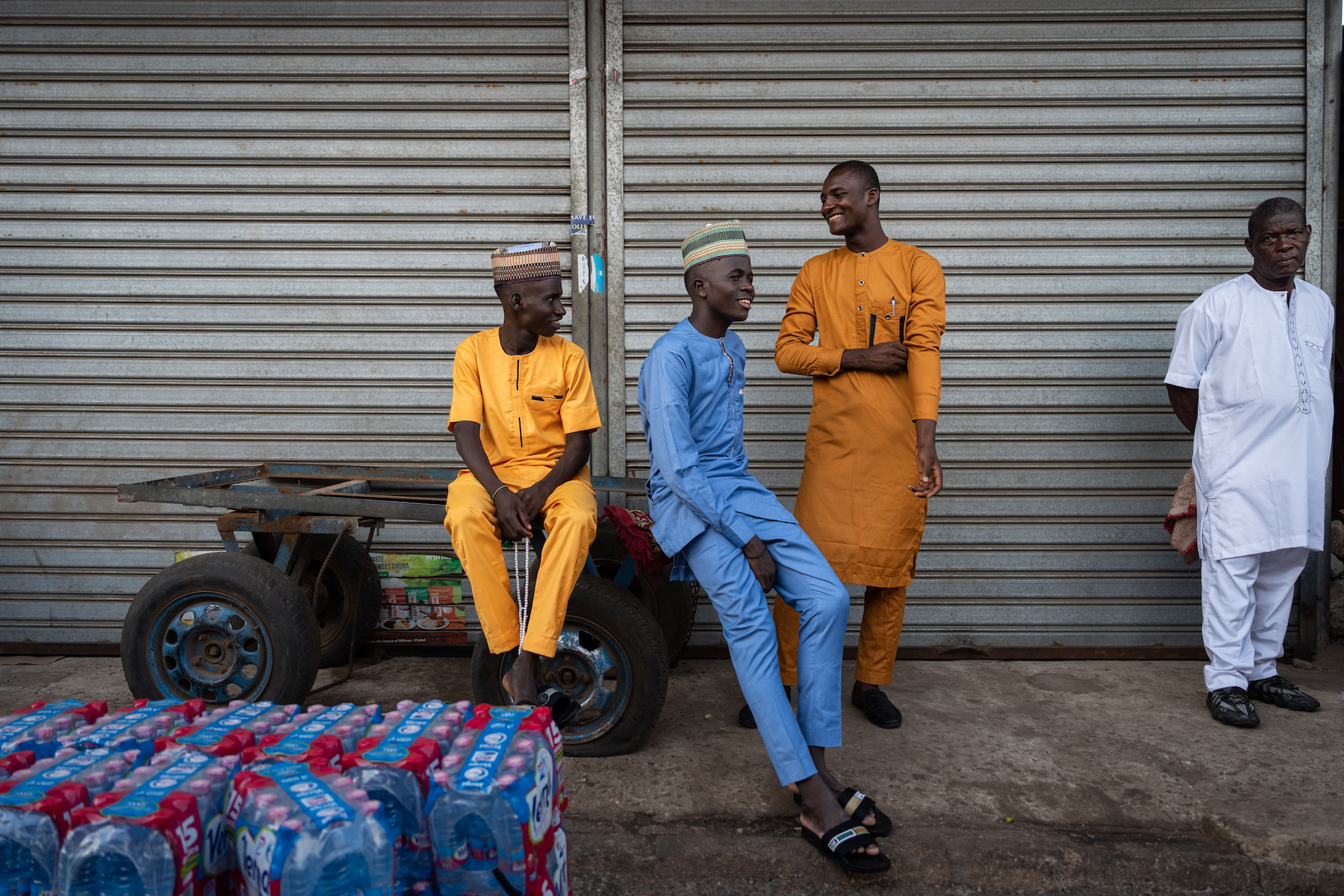
The new bill will take effect once Ghana’s president, Nana Akufo-Addo, signs the bill into law.
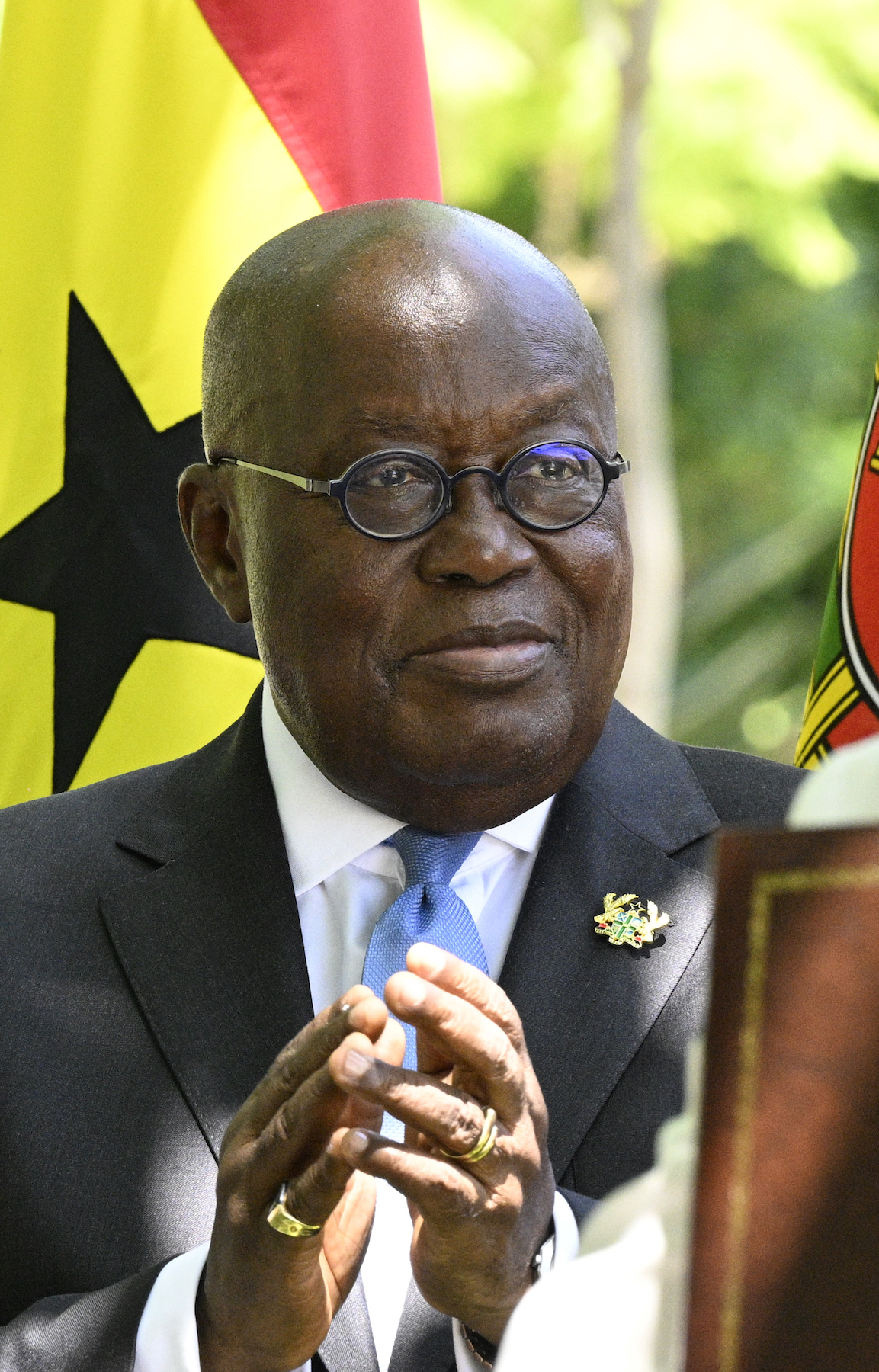
Rights groups are now calling for a total abolition of the punishment.
In the past five years, Zambia, Sierra Leone, Burkina Faso, Equatorial Guinea and Central Africa Republic are among the African countries that have abolished the death penalty, which is largely a legacy of colonial legal codes in Africa.
